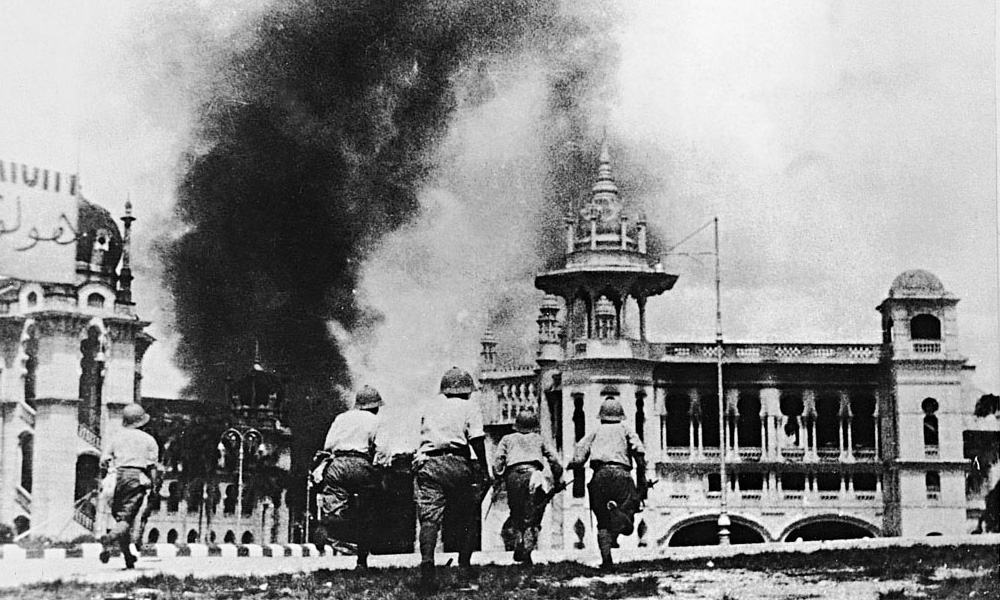Reclusive tycoon Robert Kuok has given a no-holds-barred interview to Japanese daily Asahi Shimbun in which he details the horrors of the brutal Japanese occupation of Malaya during the Second World War.
The notoriously reticent Kuok, 95, told the newspaper he had granted the interview to them because many Japanese do not know the truth about their atrocities which are kept out of their school textbooks.
Kuok himself had lived through the Occupation from 1941 to 1945, and he said many people he knew were killed or raped.
"In a town called Ulu Tiram, about 30 miles (50 kilometres) away from Johor Bahru where I used to live, a group of Eurasian families was massacred.
"After the Japanese invaded Malaya, about 80 or 90 Eurasian people took refuge in the town because it had a small Roman Catholic church.
"One day, some Japanese soldiers touched the Eurasian girls. Enraged by this behaviour, the Eurasian men took out their revolvers and asked (them) to stop that nonsense.
"The Japanese left that day but after several days, they came back one evening with three truckloads of soldiers, which was about probably 60 or 80 people, surrounded the whole compound and killed everyone.
"One of the victims was my close friend. He was an Indian who was close to the Eurasian families and he was there at the time. About 15 or 20 people that I knew, including my school teacher, were killed in this one incident.
At the time, said Kuok, he was in a pineapple plantation where his family had taken refuge.

"We passed by Ulu Tiram about 10 days after the incident. There I saw two skinny men who didn't seem to recognise anything or anyone. They just kept talking to themselves about what they had seen. They had gone out of their minds because of the massacre they had seen."
Kuok said there were many killings, not just a few.
"My classmates in the Johor Bahru Chinese school were also killed. They were the daughters of a member of the 'China Relief Fund'.
"This fund was started by Tan Kah Kee and it collected money to donate to China for war relief. When I went back to Johor Bahru from the plantation, I went to look for my classmates and was told that they had been raped, brutally killed and buried in a sports field together with their whole family. Only two sons, who had been sent to schools in China, survived."
Kuok said that during the war, he worked for Mitsubishi Shoji, a trading company, and studied Japanese with a textbook titled "Nihongo Made Easy".
He said his Japanese boss was a wonderful man who hated what was happening.
"The Japanese army said that they were out to create the 'Greater East Asia Co-Prosperity Sphere'. But the 'co-prosperity' meant Japan taking 90 percent and you 10 percent.
"Japan is a nation of honest, hard-working people. They only wanted to lead normal decent lives. They were misled by a handful of criminal-minded men.
"It is my fervent hope that such horrible misdeeds are never done again," said Kuok in the interview.

